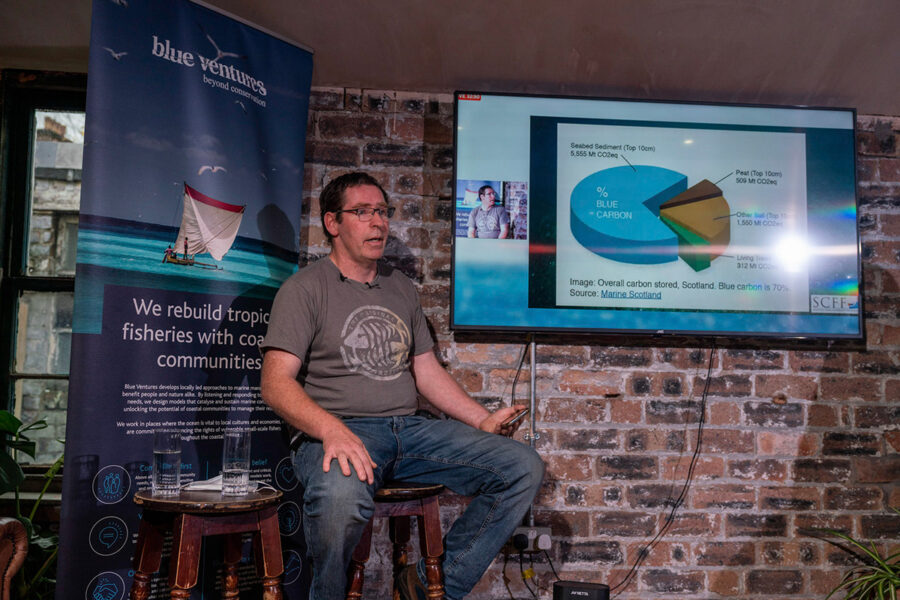Despite several setbacks, Scottish static-gear interests and conservation groups took another step last week in their ongoing campaign to limit the use of mobile gears on the west coast.
The Scottish Creel Fishermen’s Federation (SCFF) has completed the submission of a petition to the Scottish Citizen Participation and Public Petitions Committee, asking, in effect, the Scottish parliament to push the government into a three-mile mobile-gear ban in selected inshore areas of Scotland.
In a statement submitting the petition, the association said: “The Joint Fisheries Statement, Future Catching Policy and the Bute House Agreement propose protecting 10% of our inshore from the most destructive types of fishing gears.
“We feel this is neither sufficient to protect and recover our inshore, nor to meet our national and international obligations.”
The petition states that a closure of this nature would enhance recovery of fish stocks, optimise benefits to all marine sectors in the proposed area where mobile gears would be banned, and create new fishing jobs.
The petition links to a longstanding economic study undertaken by the SCFF that concluded that a mobile-gear ban in the inshore Nephrops fishery would result in significant employment and economic benefits to local communities, as well as enhancing marine conservation and allowing recovery of finfish stocks that had collapsed since the ban on inshore trawling was lifted in 1984.
A large and wide-ranging group of 130 conservation NGOs, angling groups, aquaculture groups and others joined with the SCFF and the Scottish Scallop Divers’ Association, working under the Our Seas banner. The coalition has been campaigning since 2021 for a three-mile mobile-gear ban and has pushed the petition, stressing the many conservation benefits, benefits
to eco-tourism and similar that they see as happening if a ban were to be brought in.
The proposal within the latest petition does not seek a blanket ban on mobile gears across Scotland, but a number of pilot projects, where there is ‘a majority within local communities in support of such closures’. These areas were part of a proposed sustainable fisheries project that was previously proposed and rejected by the Scottish government. A subsequent judicial review by campaigners failed in its bid to overturn the decision.
The proposal does not have universal support across the inshore sector. Speaking for the Clyde Fishermen’s Association – which has in membership a mixture of both mobile and static-gear vessels, which were badly impacted by the rushed and badly flawed seasonal closure of the Clyde earlier this year – Elaine Whyte told Fishing News: “Our only view on this is that any such gear bans should be discussed and implemented through the local IFG, not through any other route.
“This involves all fishermen working together, along with other parties with an interest.”
This story was taken from the latest issue of Fishing News. For more up-to-date and in-depth reports on the UK and Irish commercial fishing sector, subscribe to Fishing News here or buy the latest single issue for just £3.30 here.
Image above: SCFF’s Bally Philip, who presented the petition on behalf of the association








